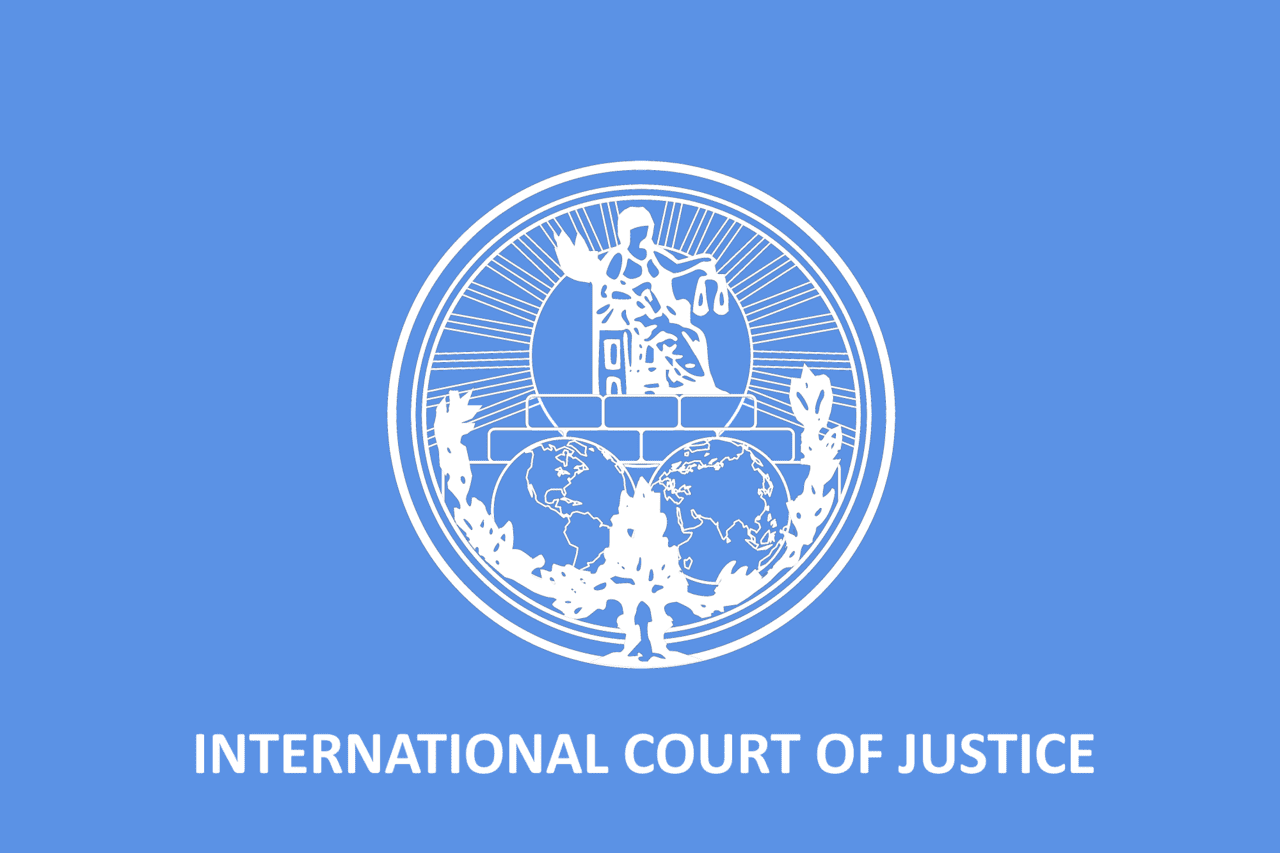Application Deadline: 8 February 2019
The International Court of Justice (ICJ) invites applications for the 2019-2020 Judicial Fellows Programme.
The Programme was established in 1999 to enable recent law graduates to gain experience working at the ICJ. It aims to improve participants’ understanding of international law and of the Court’s procedures by actively involving them in the work of the Court and allowing them to build on their experience under the supervision of a judge.
The Judicial Fellows Programme is intended to give recent law graduates experience working at the International Court of Justice in The Hague. Candidates are nominated and sponsored by universities from which they have graduated.
The aim of the Programme is to improve participants’ understanding of international law and the Court’s processes through their engagement in the work of the Court and the experience gained under the supervision of a Judge. Each participant is assigned to work for one Judge for a duration of ten months from early September to June/July the following year.
During this period, participants can expect to attend Court’s public hearings, to research and write memoranda to the Judge on legal questions or factual aspects of pending cases, and to have some other involvement in the work of the Court, the particulars of which will depend on the Court’s docket and the working methods of the particular Judge. The work may also involve assisting the Judge with conferences, speeches and other duties. The participant will work alongside an Associate Legal Officer, who is the primary legal assistant of each Judge and is employed by the United Nations for a period of two to four years.
The
Programme is highly selective. The Court accepts up to 15 participants a
year – not more than one from each nominating university. The Court
looks in particular for candidates who have excellent results in their
law studies, and who have studied, published or worked in international
law. Candidates will usually be in the early stages of their legal
careers (e.g., within three years of graduation). Some have practical
experience in private or public practice, including work at another
court or international organisation, and/or post-graduate studies in
international law. The Court seeks diversity of nationality in making
the selection.
The
official languages of the Court are English and French, and
participants must have excellent reading, writing and speaking skills in
at least one of these. A working knowledge of the second official
language will be an asset.
Each nominating university must accept the responsibility to provide the stipend, health insurance and travel costs to its candidate, if selected. Although the Court does not have requirement on the amount of the stipend nor seek information on that, the stipend should be sufficient to provide for a minimum standard of accommodation and subsistence in The Hague and should be set at a level that ensures that selected candidate can benefit fully from their experience at the Court without the burden of financial hardship.
The Fellowship is not a self-funded internship and candidates without adequate financial support through their sponsoring university will not be eligible. The Court will facilitate visas if necessary and provides working facilities, but it does not provide financial support.
If a university accepts the conditions indicated above and would like to participate in the Programme by nominating candidates, it is invited to respond to the questions below. Kindly note that only universities giving affirmative answers to all questions are eligible to participate in the Programme.
Queries may be directed to the Deputy-Registrar of the ICJ at the email
secretariatdeputyregistrar@icj-cij.org.
For More Information:
Visit the Official Webpage of the ICJ University Judicial Fellows Programme 2019/2020


2 comments
Thanks for the invite. I will apply for 2020/2021.
It’s a very encouraging opportunity to advance one legal practicing skills. Look forward for this life-changing experience once I have graduated mid next year.